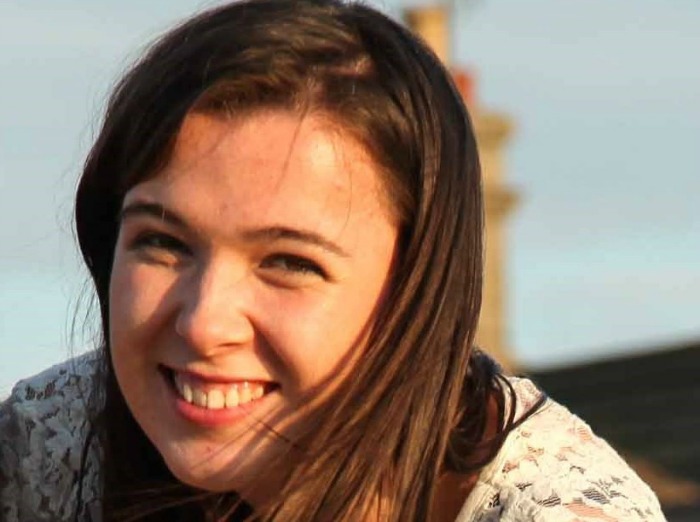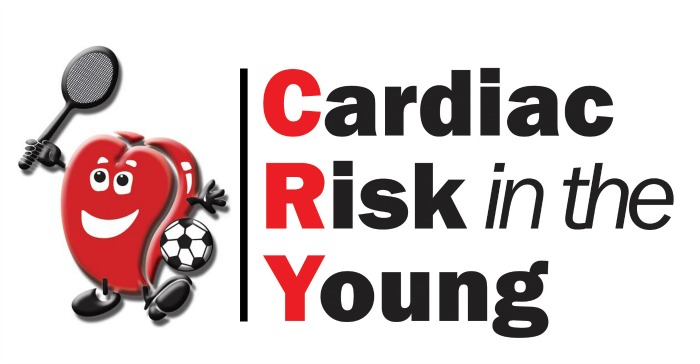
A Willaston couple have written an open letter to Party leaders ahead of the General Election, calling on them to commit to preventing sudden heart deaths in young people.
Alison and Robert Howells lost their 22-year-old daughter Ceri (pictured) from Sudden Arrhythmic Death Syndrome (SADS) 10 years ago.
Now they have sent a letter to Rishi Sunak, Keir Starmer and other leaders, calling for a National Strategy for the Prevention of Young Sudden Cardiac Death.
The letter has been signed and supported by many friends and family.
It comes as latest figures show every week in the UK at least 12 apparently fit and healthy young people aged 35 and under die of sudden cardiac arrest.
In the letter, the couple said: “As a nation, we should be doing more to protect our young people.
“Cardiac Risk in the Young (CRY) is calling upon you and the Government to establish a National Strategy for the Prevention of Young Sudden Cardiac Deaths and help eliminate the horrendous impact of these tragedies on families, friends and local communities.
“Every week in the UK, at least 12 apparently fit and healthy young people aged 35 and under die of sudden cardiac arrest.
“80% of these young people have no prior symptoms. Every life lost is a tragedy and no family should have to face this, when so many of these deaths are preventable.
“136 MPs, 76 MSPs and 9 MSs have already signed a pledge to support a National Strategy for the Prevention of Young Sudden Cardiac Death.
“Please make a commitment to us, and to the thousands of young people whose lives could be saved, to include a National Strategy for the Prevention of Young Sudden Cardiac Death in your manifesto ahead of the upcoming General Election.
“One in 300 young people who have their heart screened, including an electrocardiogram (ECG), will be identified with a potentially life-threatening heart condition.
“Once identified, the conditions can be managed through lifestyle changes, treatment and sometimes corrective surgery.
“Screening is already routine for many young people, including professional athletes and those who choose to go into the army or train to become pilots.
“In sport, 75% of those identified with serious conditions will be able to return to competition after treatment and/or surgery.
“The ECG is one of the most important heart tests used within the NHS and CRY believes EVERY young person should have the opportunity to have their heart checked, as screening will save young lives.
“Bereaved families supporting CRY raise more than £1,000,000 annually to enable the screening of tens of thousands of 14 to 35 year olds via www.testmyheart.org.uk
“These services are open to the public and are being used by sporting bodies, schools and universities.
“The same families, driven by grief and a determination to bring about change, are raising hundreds of thousands of pounds every year to support research into the prevention of these tragedies, funding world leading NHS cardiology referral services for those at risk, as well as the essential pathology tests to enable families to understand the cause of the sudden death of their child, sibling or partner.
“Surely it should not be the responsibility of the bereaved to raise the funds to identify those at risk through screening, and to fund the pathology investigations for bereaved families?
“There is huge demand from young people who want the opportunity to be screened. CRY currently has more than 80,000 young people who have registered their interest in cardiac screening and are waiting for appointments to become available.
“CRY is investing in research and infrastructure which will ensure that every person who wants to be tested will have that opportunity, but without a National Strategy our government is failing to acknowledge that something must be done.
“Whilst an essential part of a National Strategy would be identifying young people at risk through cardiac screening, it would also bring together all organisations working towards saving young lives.
“It will ensure improvements in education, awareness of symptoms, training in reading ECGs, availability of AEDs, lifesaving skills in CPR, as well as co-ordinated guidelines and research directed at improving policy and medical practice.
“On behalf of every family who has suffered a tragedy and every life the National Strategy will save.”




















Recent Comments